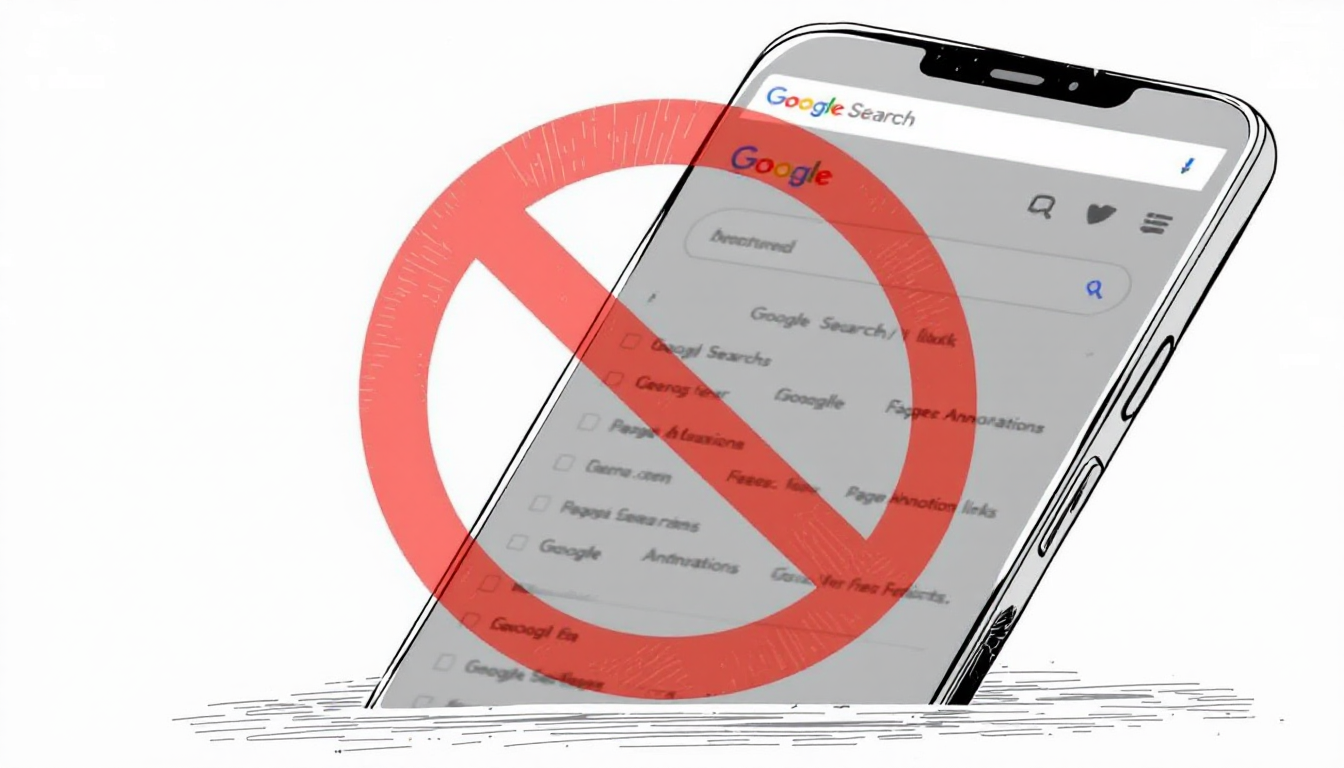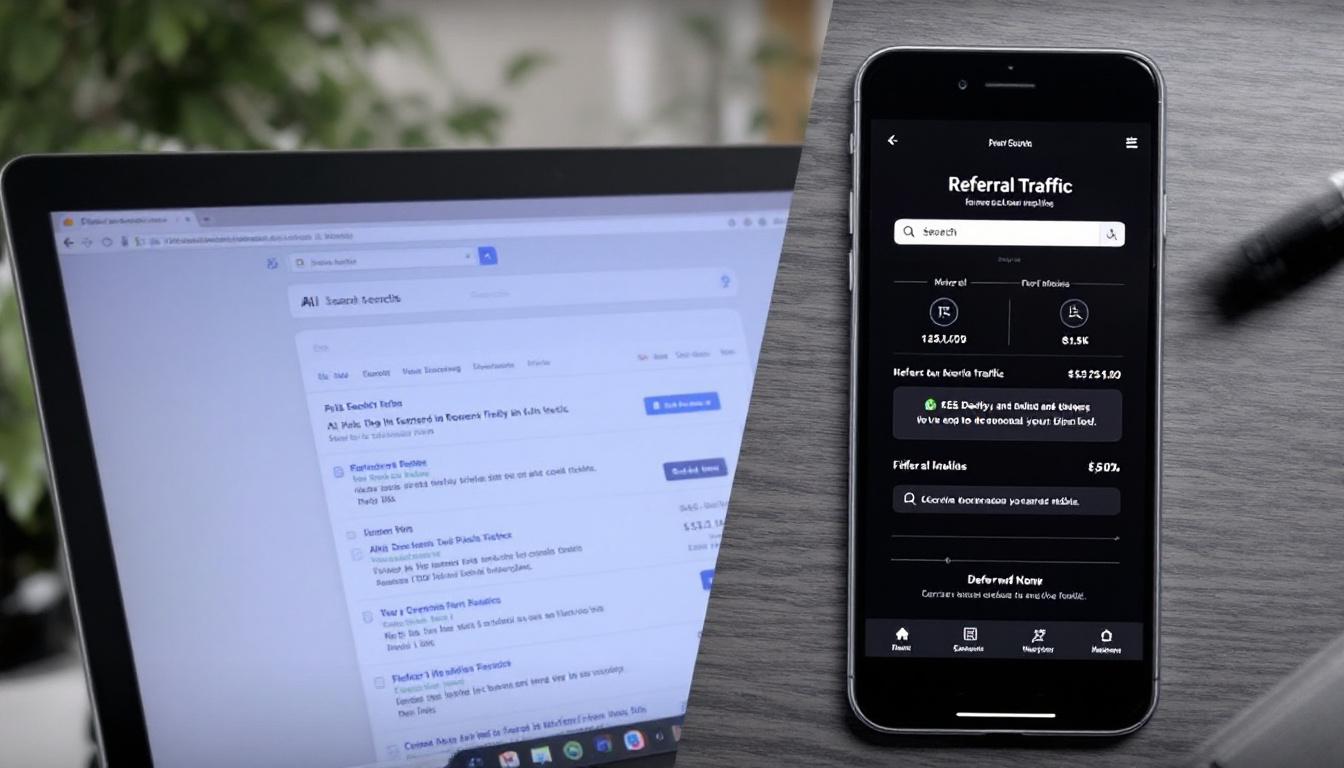In a recent move, Google has discontinued its Page Annotations feature within the iOS app.
LinkWhisper
The ultimate internal linking plugin for WordPress that can elevate your on-page SEO. Recognized as the finest in the field. Simple to install with powerful features.
This tool previously inserted search links into webpages automatically, redirecting traffic from original websites back to Google’s search ecosystem without the consent of site publishers.
A Brief and Contentious Tenure
Introduced in the latter part of last year, the Page Annotations feature quickly became a subject of debate among web publishers and SEO experts.
How Page Annotations Operated
The functionality was designed to seamlessly integrate Google Search links into existing website content, altering user navigation paths.
By transforming selected text on a webpage into clickable Google Search links, the feature aimed to enhance search accessibility. However, this was done without obtaining explicit permission from the website owners, leading to widespread concern over autonomy and control of web content.
Unlike other Google features that required active participation from publishers, Page Annotations adopted a passive opt-out approach.
This meant that unless website owners took specific steps to disable the feature, their content would automatically be modified.
Removal Process and Current Status
Google has taken steps to quietly phase out the Page Annotations feature, removing all related references from official channels.
Updates to Official Documentation
The company has revised its official resources to exclude any mention of the now-defunct feature.
All documentation pertaining to content management and search result appearances no longer references Page Annotations. This suggests a complete withdrawal of the feature from Google’s suite of tools, leaving publishers no longer subjected to unsolicited link insertions.
Furthermore, any public announcements or discussion threads about Page Annotations on Google’s community forums have been deleted, signaling an intention to remove all trace of the feature from official discourse.
Possible Reasons Behind the Discontinuation
While Google has not provided an official statement regarding the cessation of Page Annotations, several factors may have influenced this decision.
Ongoing Regulatory Pressures
The tech giant has been under increased examination regarding its market practices, which may have impacted its feature offerings.
Amidst heightened scrutiny over its search and advertising methods, Google might have reassessed the benefits and drawbacks of Page Annotations. The backlash from publishers about content manipulation could have played a significant role in the decision to discontinue the feature.
The unintended diversion of traffic from original websites to Google Search could have exacerbated existing tensions between the company and web publishers, prompting a reevaluation of such initiatives.
Implications for Publishers and Users
The termination of Page Annotations brings relief to many website owners who were concerned about unauthorized content alterations.
Restored Control for Content Creators
With the feature no longer active, publishers regain full authority over their webpage content and user navigation paths.
This change means that websites will no longer have their content automatically modified to include Google Search links, allowing publishers to maintain the integrity and user experience of their sites without external interference.
For users, the absence of Page Annotations ensures a more consistent browsing experience, free from unexpected redirects to search results that could disrupt their intended navigation.
The Bottom Line
Google’s decision to discontinue the Page Annotations feature on iOS marks a significant shift in how the company interacts with web publishers.
By removing the automatic insertion of search links, Google may be taking steps to mend its relationships with content creators and address regulatory concerns.
Publishers can now continue to manage their content without the worry of unauthorized modifications, fostering a more transparent and controlled online environment.








